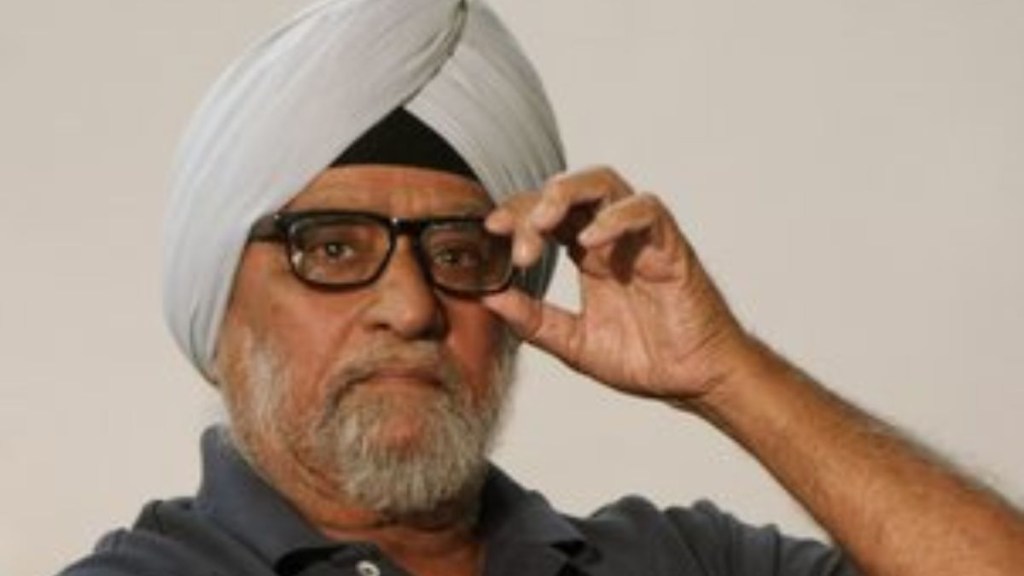Bishan Singh Bedi, former India captain passed away on Monday in Delhi at the age of 77. One of India’s greatest left-arm spinner, Bedi was ailing for the last two years and had undergone multiple surgeries including one on the knee about a month ago. He is survived by his wife Anju, their daughter Neha and son Angad, and his son Gavasinder and daughter Gillinder from his earlier marriage to Glenith Miles. Today, we bring to you an insight into the life he lived and the milestones he made on the way.
Bishen Singh Bedi’s Life and Career
Bishan Singh Bedi was born on September 25, 1945, in Amritsar, Punjab, during India’s fight against British rule. As he grew up, he honed his abilities of flight and guile to outsmart batsmen, unlike the then-popular trend of fast and intimidating bowling.
At the tender age of fifteen, he was selected by the state team, Northern Punjab. After refining his skills there, he moved to Delhi and played for them until his retirement in 1981. He made his debut for India at 21 against West Indies in Kolkata and over the next 12 years became a key member of India’s famous spin quartet. He also played extensively for the English county club Northamptonshire and holds the record for the most first-class wickets by an Indian, with a staggering 1560 wickets in 370 matches.
Bedi went on to represent India in 67 Test matches and 10 ODIs from 1967 to 1979. He was also the country’s highest wicket-taker in Tests, with 266 wickets from 67 tests at an average of 28.71. He also won the Padma Shri award in 1970.
Bedi’s Epic Bowling style
Bedi’s bowling style is often described in glowing terms: a slow and measured run-up, flexible fingers and wrists, with a generous flight. He had a knack for subtly altering the dip of a ball and occasionally making it hang in the air a bit longer than usual, which often proved too challenging for batsmen to deal with. Needless to say, his impeccable control and rhythm were valuable assets.
Bedi’s style might be hard to grasp for those who consider Shane Warne as the last great exponent of flight. However, his effectiveness can be gauged from this statistic: his best match figures of 10/194 were achieved against Australia at Perth in 78/79, a pitch usually favored by fast bowlers.
After retiring from cricket, Bedi served as India’s first full-time coach in 1990. Known for his vocal criticism of modern cricket trends like T20, Bedi has also never hesitated to criticize Indian cricketers like Saurav Ganguly and Harbhajan Singh.
